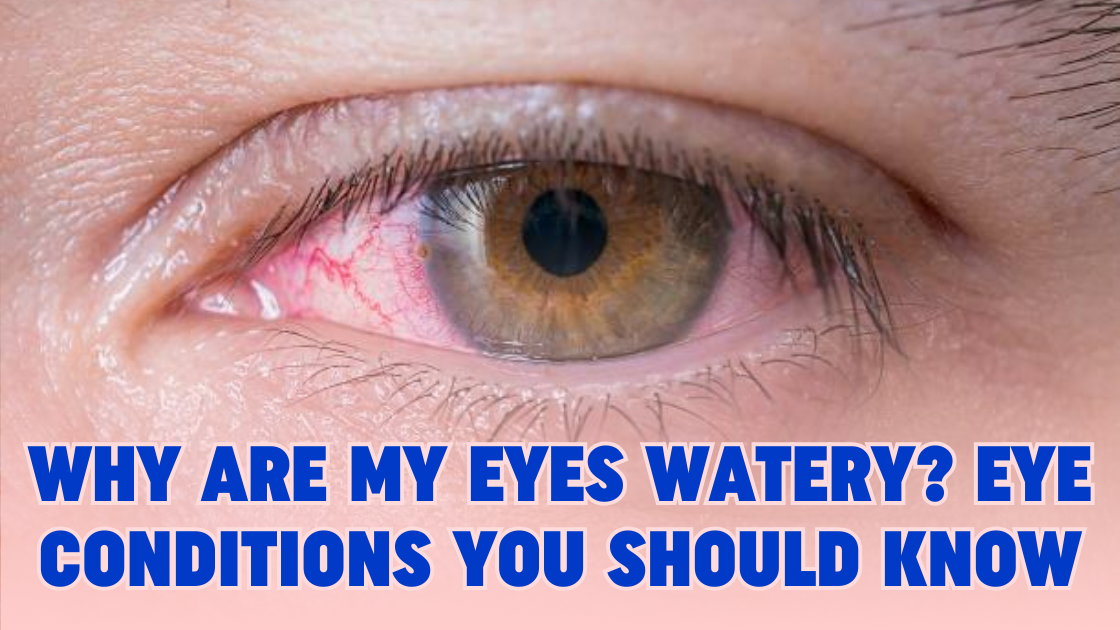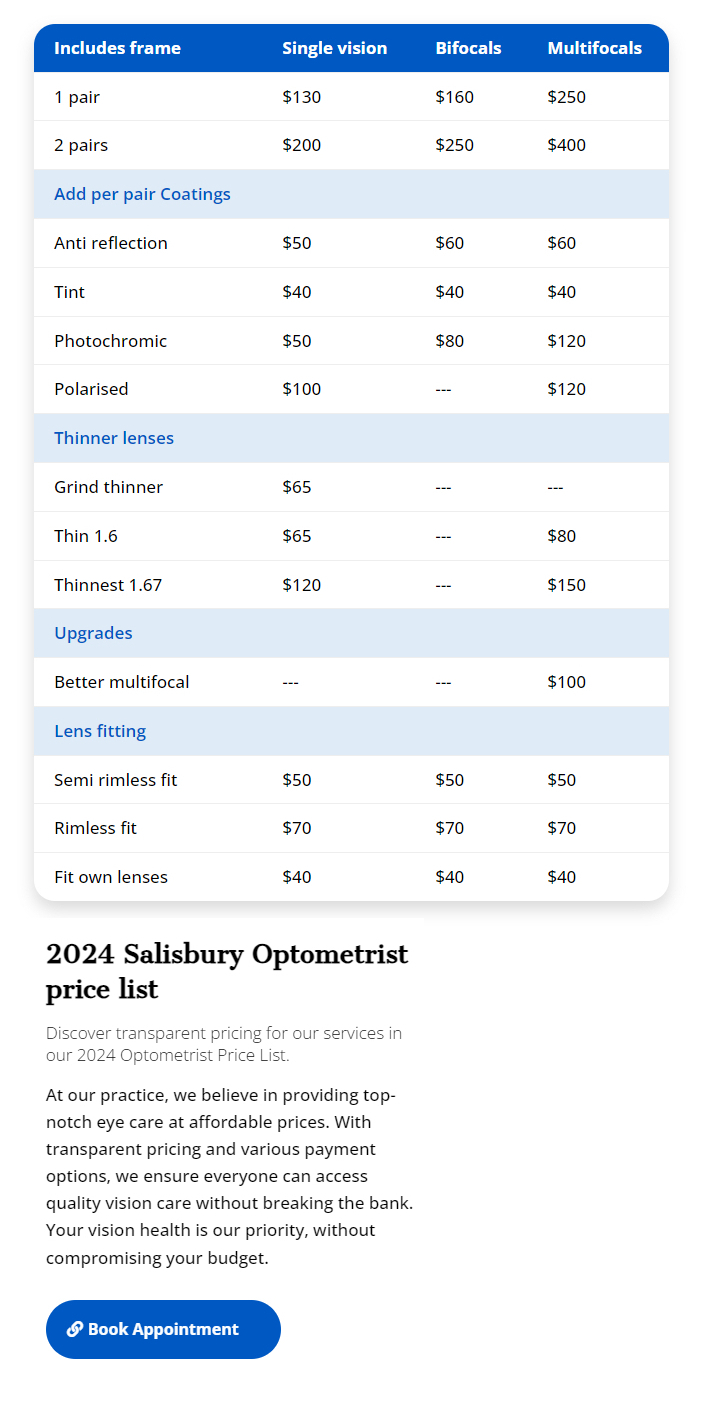Do your eyes often get watery, making you wonder why it happens? Watery eyes, also known as epiphora, can be a common and bothersome issue for many people. It occurs when an excess of tears forms and spills over the eyelids. According to studies, the annual incidence of symptomatic acquired lacrimal outflow obstruction was revealed as 30.47 per 100,000.
From allergies to refractive errors, there are various eye conditions that can cause watery eyes. If you have been experiencing the problem for quite a long time, you should go for an eye examination to address it promptly. In this blog, we’ll discuss 10 common eye conditions that may cause your eyes to constantly tear up.
Conjunctivitis (Pink Eye):
Conjunctivitis or Pink eye is an inflammation of the conjunctiva, the transparent membrane covering the white part of your eye. It can cause redness, itching, and watery eyes. Viral or bacterial infections often trigger pink eyes. It is the most common reason for watery eyes for both children and adults.
Allergies:
Allergies are one of the most common reasons behind watery eyes. When your eyes are exposed to allergens like pollen, dust, or pet dander, your eyes might become itchy and release extra tears as a protective response.
Dry Eye Syndrome:
Ironically, dry eye syndrome can also lead to watery eyes. Due to dry eye syndrome, when your tears fail to lubricate your eye properly, it irritates the body. The body starts to overcompensate by producing more tears, which can lead to watery eyes. You should go for a visual screening test to address the eye condition and start treatment.
Blocked Tear Ducts:
The tears usually flow out of the tear glands above your eye, spread across the eye surface, and drain into ducts in the corner. But if these ducts get blocked due to an infection or a structural issue, tears may overflow, leading to watery eyes.
Blepharitis:
Blepharitis is the inflammation of the eyelids, which can result from poor eyelid hygiene or bacterial infections. It can cause watery eyes, along with symptoms like redness and crusty eyelids.
Corneal Abrasions:
A corneal abrasion is a scratch or injury on the cornea, the clear front surface of the eye. When the cornea is damaged, your eyes may become sensitive to light, painful, and teary.
Styes
A stye, also known as a hordeolum, is a painful red bump on the edge of the eyelid. It’s a bacterial infection of one or more of the small glands near the base of your eyelashes. It makes your eyes red, swollen, and watery.
Refractive Errors:
If you have an uncorrected vision problem, like near sightedness, farsightedness, or astigmatism, your eyes may work harder to focus. This additional effort can lead to eye strain and watery eyes.
To treat your watery eyes, you should book an eye test appointment with an eye care professional. They can address the issue and recommend suitable treatment plans.
Tips to help you relieve watery eyes
Here are some general tips that may help relieve watery eyes:
Avoid Allergens:
If allergies are the root cause of your watery eyes, try to minimise exposure to allergens. Keep windows closed, use air purifiers, and regularly clean your living space to reduce irritants like dust and pollen.
Use Artificial Tears:
For those with dry eye syndrome, using over-the-counter artificial tears can help keep the eyes properly lubricated, reducing the need for excessive tearing.
Warm Compresses:
Warm compresses can be helpful for conditions like blepharitis and blocked tear ducts. Applying a warm, damp cloth to your closed eyes can relieve discomfort and promote tear drainage.
Good Eyelid Hygiene:
Maintaining proper eyelid hygiene can help with conditions like blepharitis. Cleaning your eyelids with a mild baby shampoo and warm water can keep them healthy. But be careful, the shampoo should not go under your eyes during this.
Protective Eyewear:
By wearing protective eyewear, such as safety goggles or sunglasses, you can shield your eyes from foreign bodies and irritants, reducing the likelihood of watery eyes.
Seek Professional Help:
If your watery eyes persist and worsen, it’s crucial to consult an ophthalmologist. The eye specialist will perform a comprehensive eye examination to identify the root cause and provide tailored treatment options.
Wrapping it up
Watery eyes can be caused by various factors, ranging from allergies and dry eye syndrome to infections and eye injuries. Identifying the underlying cause is essential for effective treatment. If you find yourself constantly dealing with watery eyes, don’t hesitate to contact Salisbury Optometrist. We are one of the leading eye care service providers in Australia. We have a large team of eye care specialists who can help you to treat your eye problems.




0 Comments